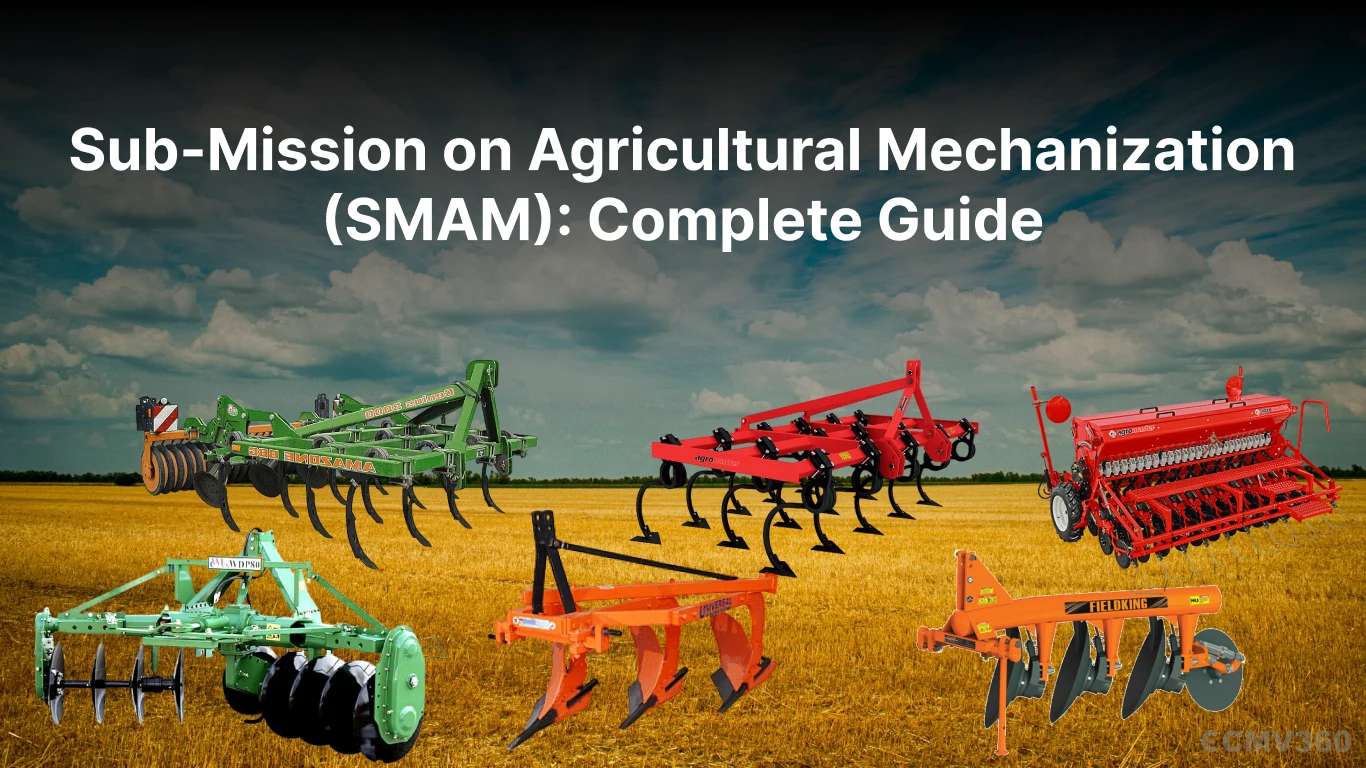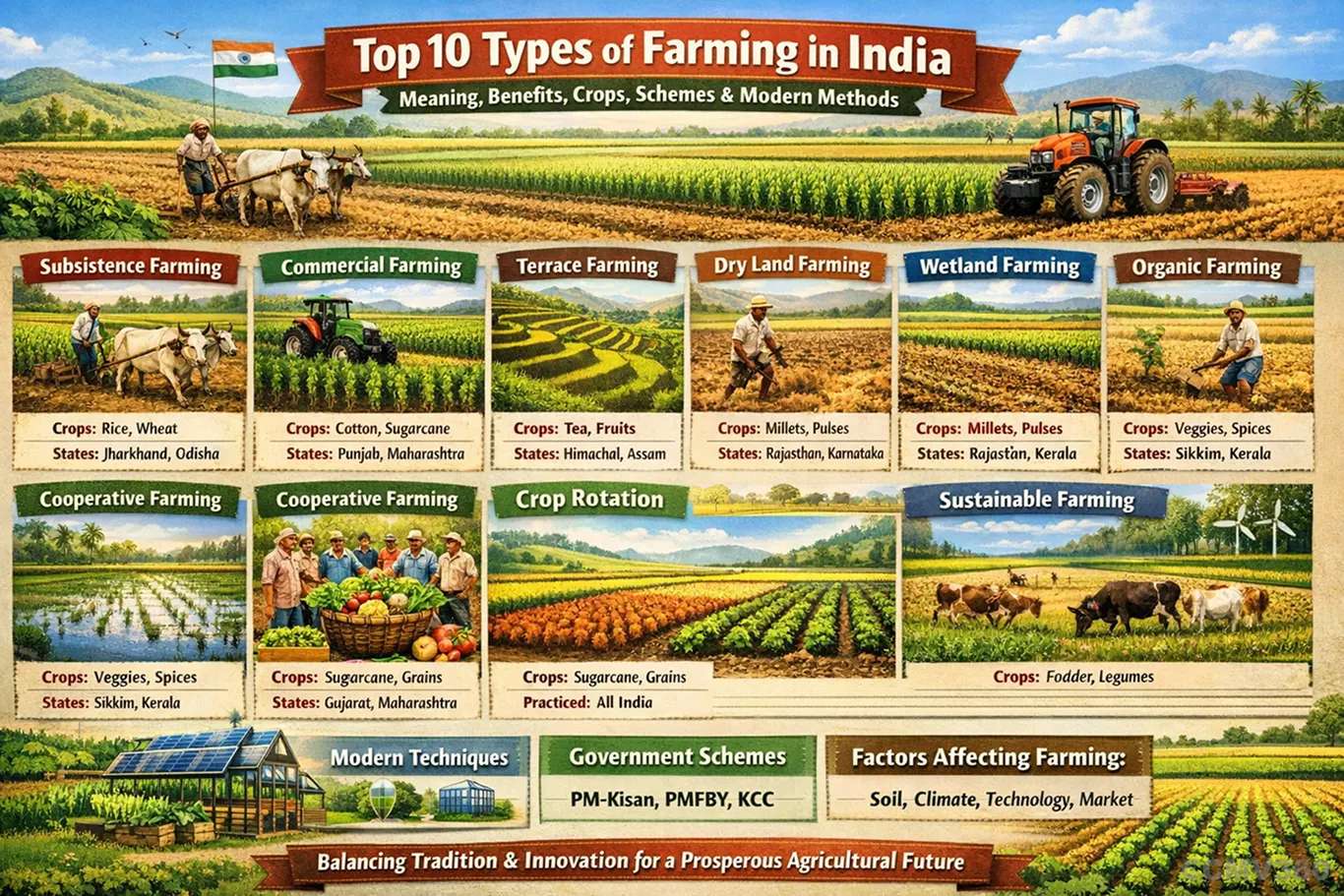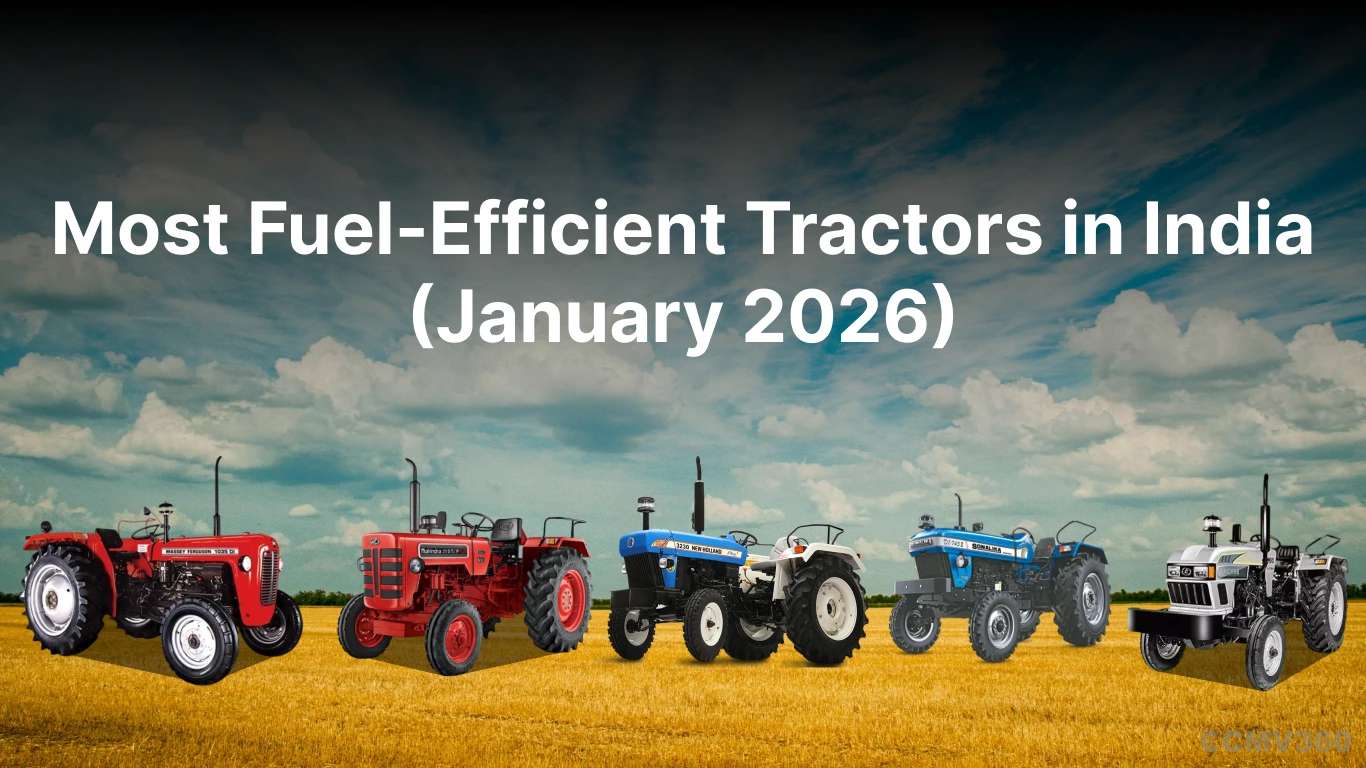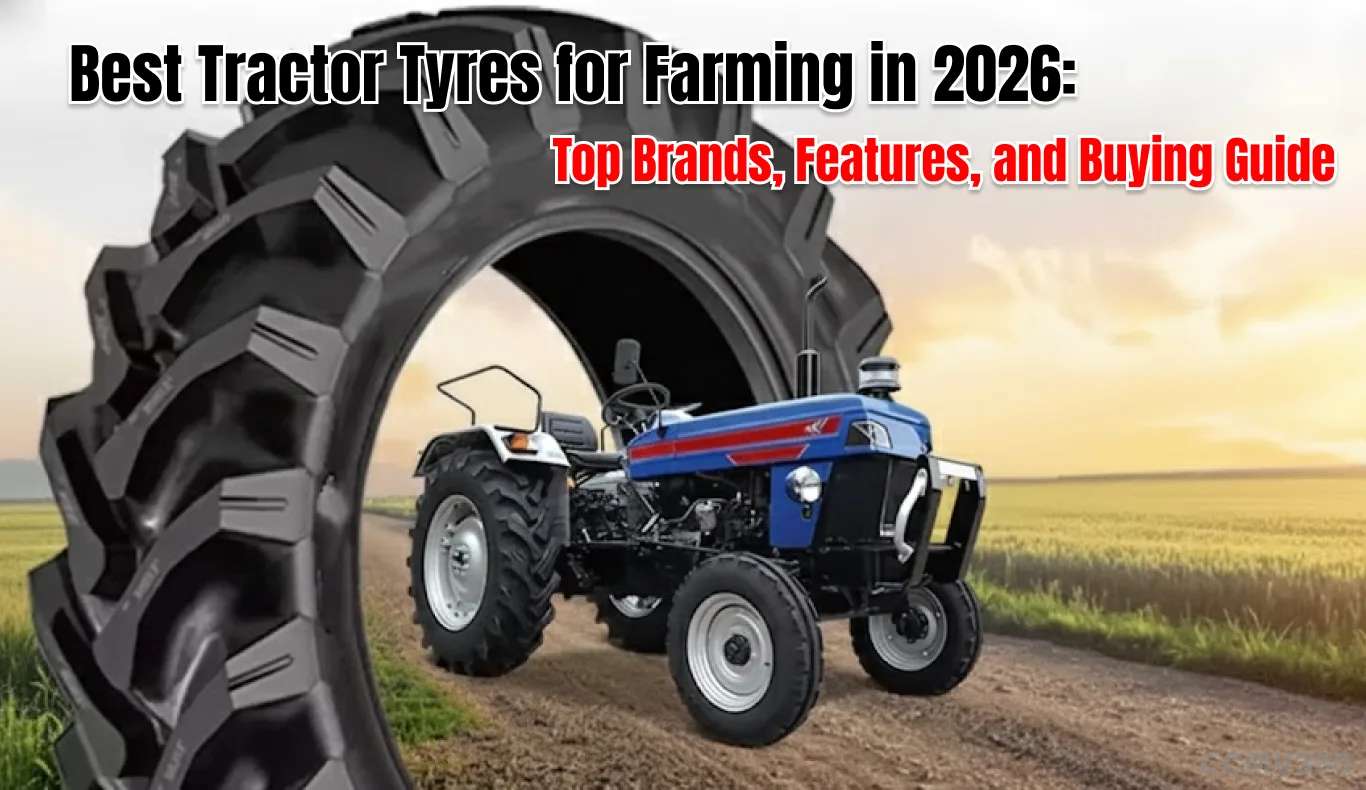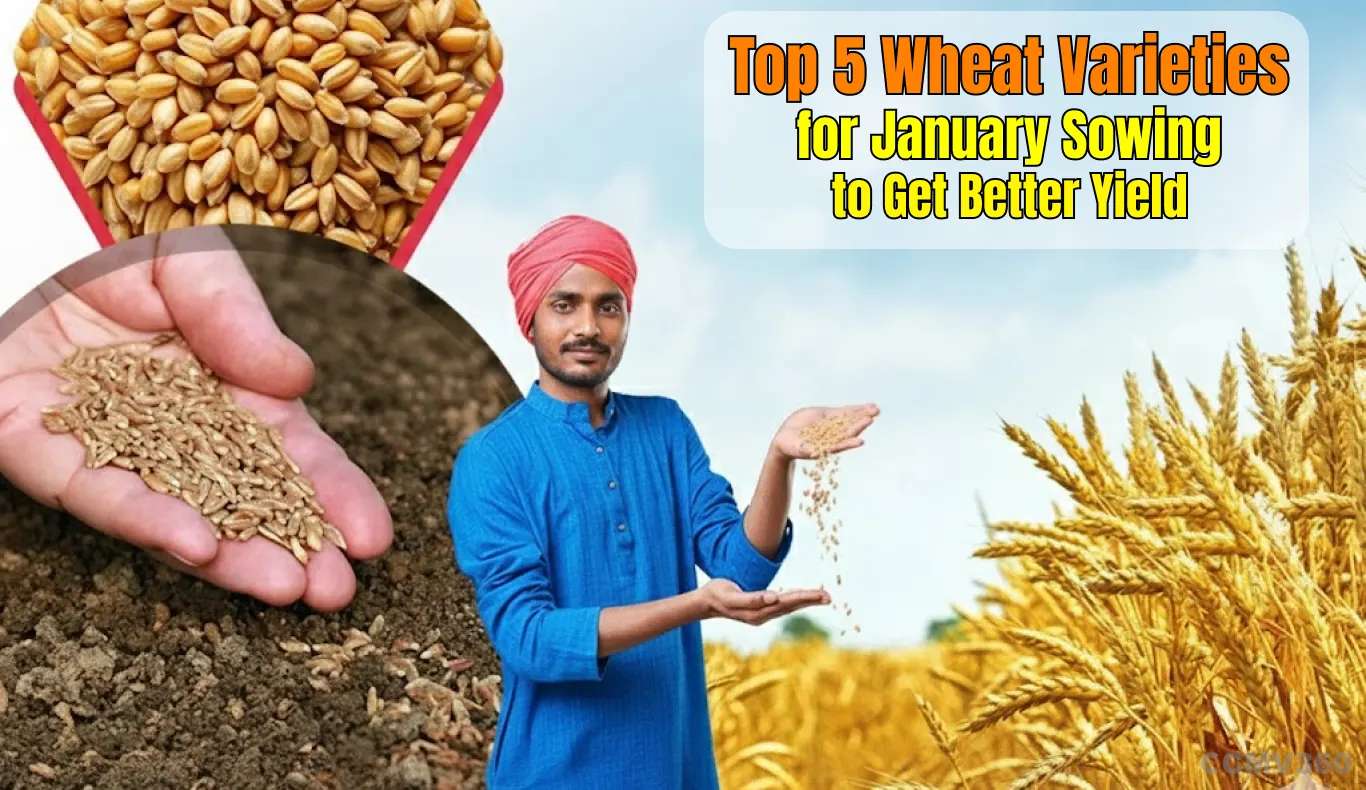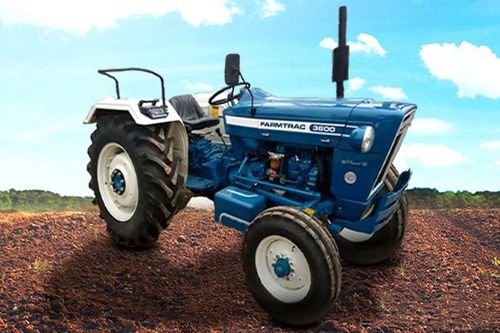Ad
Ad
International Day of Awareness of Food Loss and Waste 2025: Promoting Sustainable Food
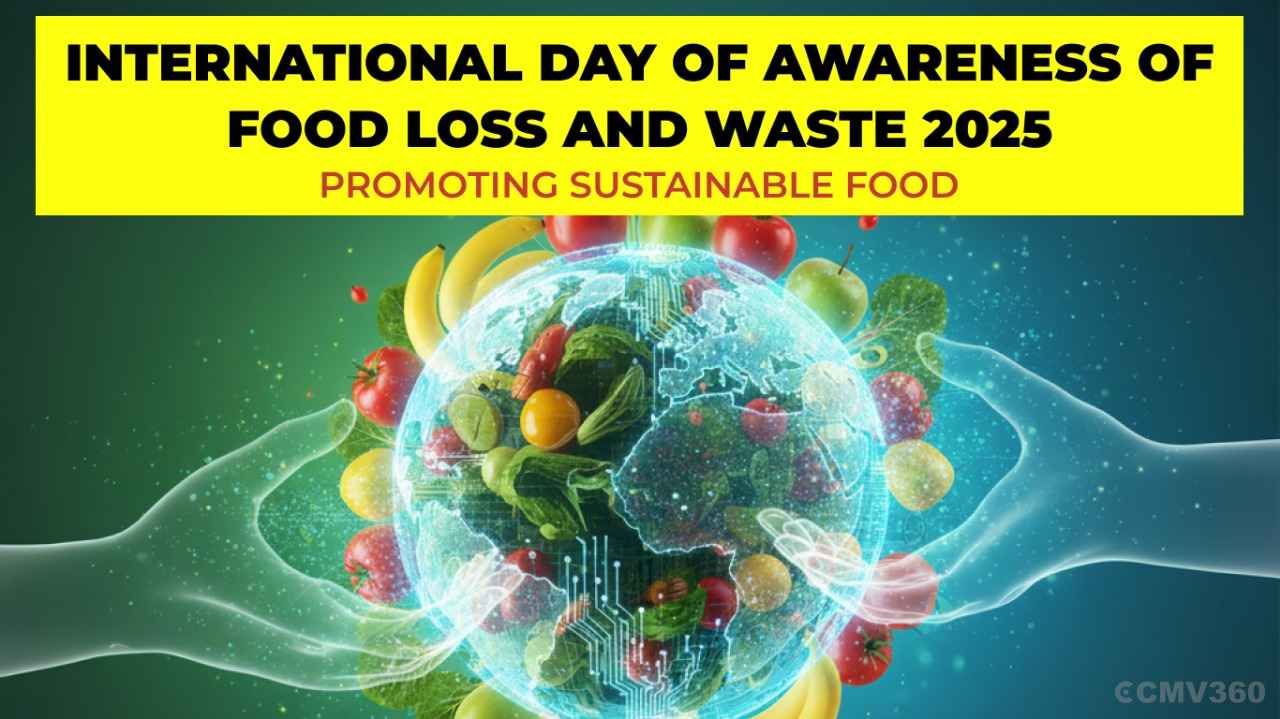
Food is one of the most valuable resources on earth, yet every year, millions of tonnes of it are wasted. The International Day of Awareness of Food Loss and Waste (IDAFLW) 2025, observed on September 29, serves as a global call to action, reminding us of our shared responsibility to reduce food waste, protect the environment, and promote food security. This annual observance is more than just a symbolic event – it is a movement that aims to transform the way the world produces, consumes, and manages food.
The 2025 edition carries the theme “Reducing Food Loss and Waste: Taking Action to Transform Food Systems”, urging every stakeholder – from farmers and businesses to households and policymakers – to adopt smarter practices that make food systems more efficient, sustainable, and equitable.
In this comprehensive article, we will explore the meaning of this global observance, why it matters, the scale of the challenge, the role of governments, industries, and consumers, and the solutions we need to embrace to secure a better future.
Also Read: Top 15 Powerful Superfoods to Boost Your Immunity and Stay Healthy
Background and Significance of IDAFLW
The United Nations officially introduced the International Day of Awareness of Food Loss and Waste on 19th December 2019, recognizing that food waste was a silent crisis threatening both human well-being and the planet’s health. The observance is led by two major UN agencies: the Food and Agriculture Organization (FAO) and the United Nations Environment Programme (UNEP).
The choice of September 29 as the observance date is symbolic – it falls just before World Food Day in October, emphasizing the link between food security, sustainable agriculture, and hunger eradication. The day is marked globally with conferences, awareness campaigns, community activities, educational drives, and policy dialogues, all designed to encourage action at every level of the food supply chain.
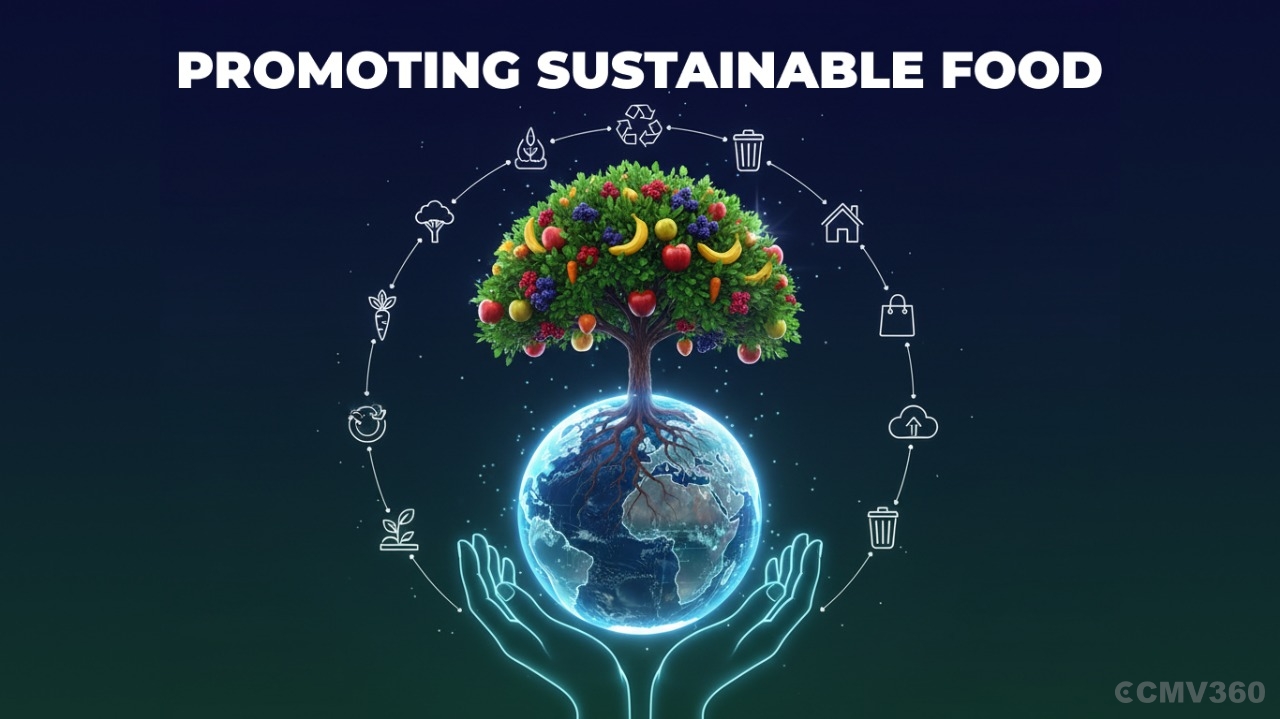
Why Food Loss and Waste is a Global Crisis
Food loss and waste is one of the least visible but most pressing challenges of our time. The problem begins at farms and extends all the way to our dinner tables.
The Scale of the Problem
Globally, nearly one-third of all food produced for human consumption is lost or wasted. This staggering statistic represents billions of dollars in economic losses and enough food to feed hundreds of millions of hungry people every year.
Production losses: Poor harvesting techniques, lack of proper storage facilities, and limited access to markets cause huge losses at the farm level, especially in developing countries.
Supply chain inefficiencies: Food is often spoiled during transportation or discarded at retail outlets due to overstocking or strict cosmetic standards for produce.
Consumer behavior: Overbuying, improper storage at home, and a general disregard for leftovers lead to significant food waste at the household level.
Ethical and Humanitarian Concerns
Every year, millions of people suffer from hunger and malnutrition while perfectly edible food is thrown away. This mismatch highlights a deep ethical challenge – we are wasting food at one end while others go without meals at the other. IDAFLW is a wake-up call to correct this imbalance.
Environmental Impact
Wasted food is not just a social problem but also a major environmental threat. When food ends up in landfills, it decomposes and releases methane, a greenhouse gas far more potent than carbon dioxide. The resources used to grow, transport, and process that wasted food – including water, energy, and labor – are also wasted, adding to global emissions and resource depletion.
Economic Impact
The financial loss from food waste is immense. Farmers lose income due to unsold produce, businesses lose revenue through spoilage, and consumers spend more by replacing wasted food. The collective economic burden runs into billions annually, putting pressure on global food prices and agricultural systems.
Theme for 2025: “Reducing Food Loss and Waste – Taking Action to Transform Food Systems”
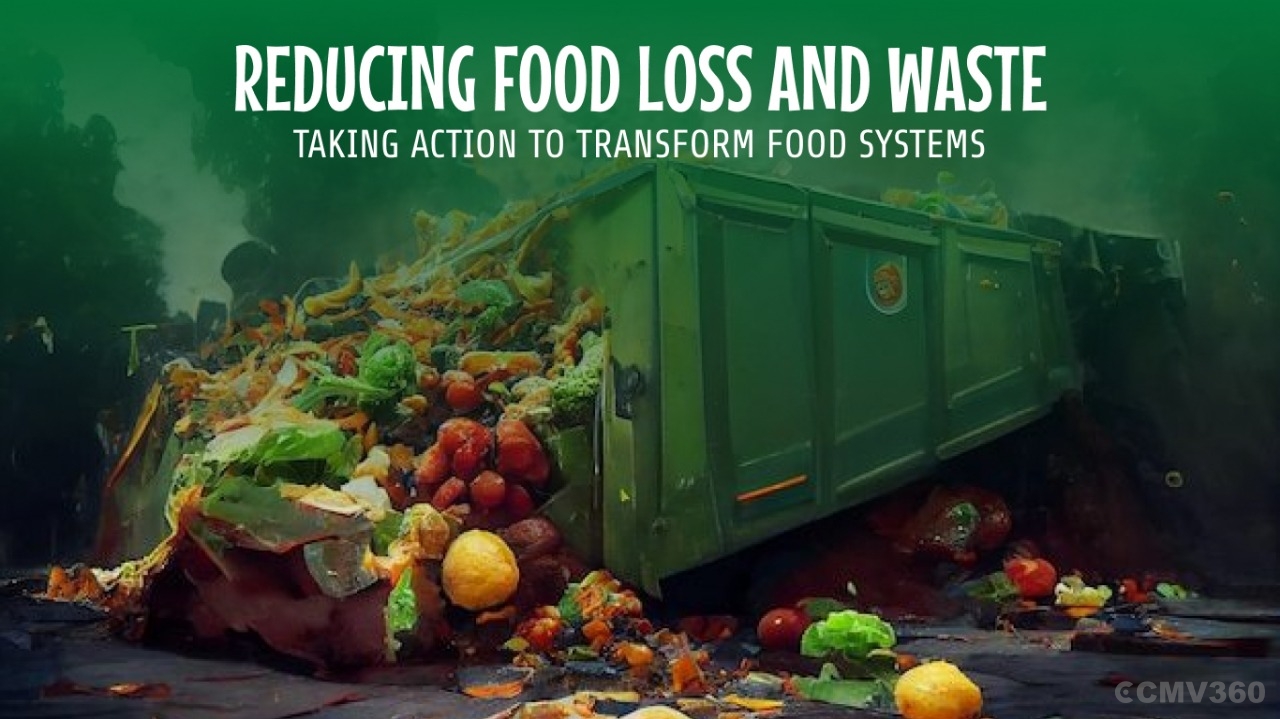
The 2025 theme emphasizes practical action over mere awareness. It calls on stakeholders to take concrete steps to:
Build resilient and efficient supply chains.
Promote equitable access to food resources.
Encourage sustainable agricultural practices.
Innovate in packaging, logistics, and storage.
Educate communities and consumers about responsible consumption.
This year’s focus is also aligned with the UN Sustainable Development Goal 12.3, which aims to halve per capita global food waste at retail and consumer levels by 2030 and reduce food losses along production and supply chains.
Also Read: Useful Advice for Soybean Farmers: Right Sowing Time, Best Varieties, and Complete Cultivation Guide
Tackling Food Loss at Every Stage of the Supply Chain
Solving this global challenge requires a multi-level approach, involving everyone from farmers to policymakers.
At the Production Level
Investments in infrastructure such as cold storage, silos, and efficient transportation are critical to reducing post-harvest losses. Training farmers in modern harvesting techniques and encouraging them to grow climate-resilient crops can also ensure better preservation of produce.
In the Supply Chain
Distributors, wholesalers, and retailers play a key role in minimizing waste. Better demand forecasting, flexible grading standards for produce, and partnerships with food banks can redirect surplus food to people in need instead of landfills.
At the Consumer Level
Households can make a major difference by:
Planning meals carefully to avoid overbuying.
Understanding “best before” vs. “expiry” dates.
Using leftovers creatively to prevent waste.
Supporting local farmers’ markets to reduce long-distance transport waste.
Role of Governments and Policymakers
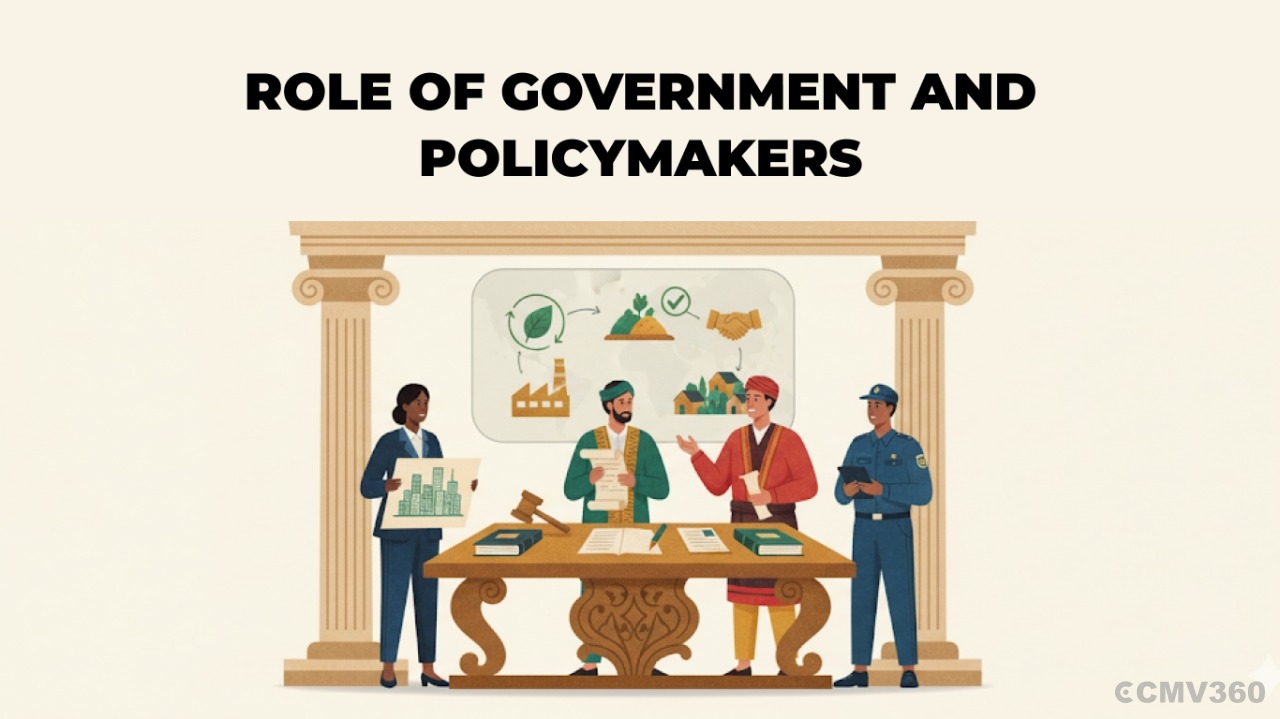
National and regional governments have the power to accelerate change through legislation, incentives, and awareness campaigns. Some key steps include:
Introducing food donation laws that make it easier for businesses to donate unsold food without legal risk.
Tax incentives for food recovery programs.
Investments in rural infrastructure to help farmers store and transport produce safely.
Public awareness campaigns to educate citizens about food waste reduction techniques.
Regulatory standards that encourage food manufacturers and retailers to track and report waste levels.
Innovations and Technology in Food Waste Reduction
Technology is becoming a powerful ally in the fight against food waste. Examples include:
AI-powered demand forecasting: Helps retailers order the right quantities of perishable goods.
Blockchain traceability systems: Provide transparency in the supply chain, ensuring faster response to spoilage or recalls.
Smart packaging: Extends shelf life and indicates freshness with color-changing labels.
Food waste apps: Connect restaurants and stores with consumers willing to buy surplus food at discounted prices.
The Role of Businesses and the Private Sector
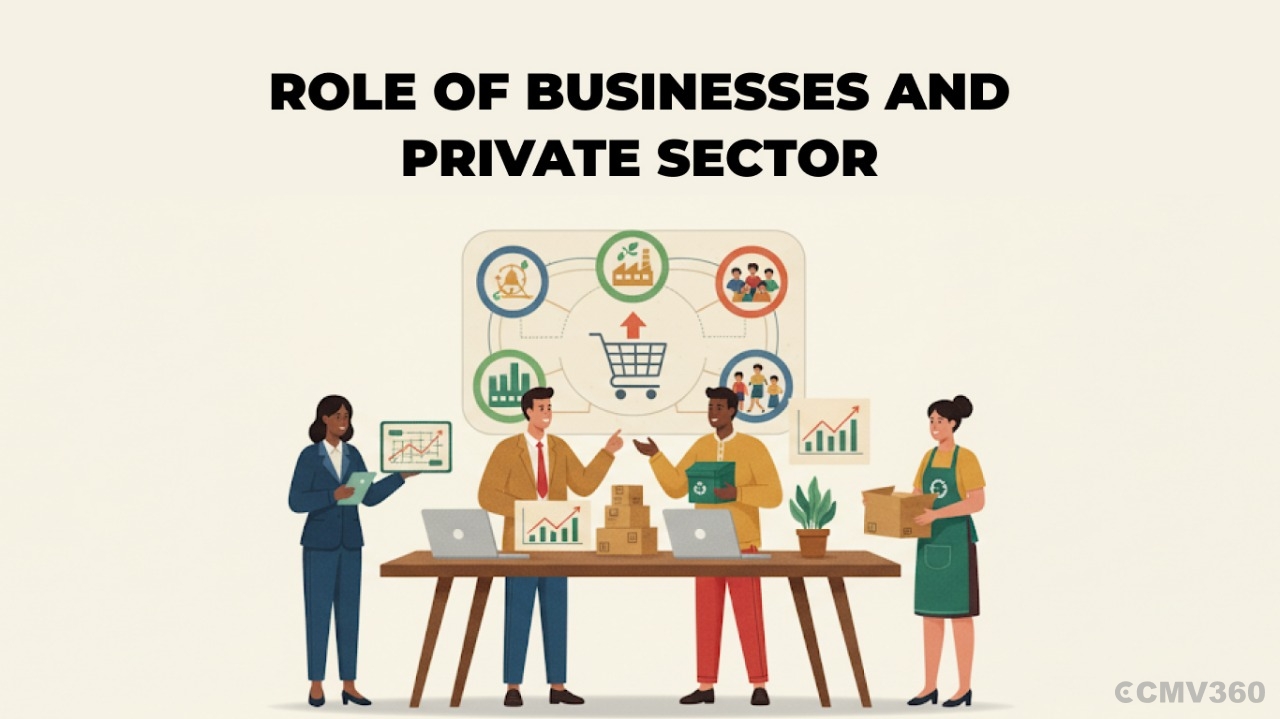
Food companies, supermarkets, and restaurants can lead by example through sustainable business practices:
Auditing food waste regularly and publishing reports.
Creating partnerships with food recovery organizations.
Using by-products creatively to make new products, such as turning unsold bread into beer or using vegetable scraps for soups.
Education and Awareness – Changing Mindsets
Awareness is key to long-term change. Schools, colleges, NGOs, and media organizations can spread knowledge about:
Portion control and mindful eating.
Sustainable cooking techniques.
The economic value of reducing waste.
Community composting and urban gardening initiatives.
A Call to Action – Everyone Has a Role
The International Day of Awareness of Food Loss and Waste 2025 is not just an observance but a call to action for everyone:
Farmers can use improved harvesting and storage methods.
Businesses can adopt efficient supply chain management and donate surplus.
Governments can create enabling policies.
Consumers can practice mindful purchasing and meal planning.
By working together, we can create food systems that are resilient, inclusive, and sustainable, ensuring food security for current and future generations.
CMV360 Says
Food loss and waste is one of the most urgent issues of our time, with deep implications for hunger, climate change, and the economy. The International Day of Awareness of Food Loss and Waste 2025 shines a spotlight on this crisis and inspires us to act decisively. By embracing innovation, adopting mindful habits, improving infrastructure, and fostering global cooperation, we can significantly cut down waste and create a fairer, healthier, and more sustainable world.
Features & Articles
Mukhya Mantri Ladli Behna Yojana 2026: Complete Updated Guide to Benefits, Eligibility, Application Process, and Impact
Complete guide to Mukhya Mantri Ladli Behna Yojana 2026 covering benefits, ₹1,500 monthly assistance, eligibility rules, application process, DBT payments, latest updates...
21-Jan-26 12:24 PM
Read Full NewsSub-Mission on Agricultural Mechanization (SMAM): Complete Guide
Complete guide to Sub-Mission on Agricultural Mechanization covering objectives, subsidy structure, eligibility, benefits, funding pattern, and online application process...
16-Jan-26 06:26 AM
Read Full NewsTop 10 Types of Farming Practiced in India 2026: Explained with Crops, Benefits and Schemes
Explore the top 10 types of farming in India with meaning, benefits, crops grown, modern methods, key factors, and government schemes supporting sustainable and profitabl...
15-Jan-26 09:43 AM
Read Full NewsMost Fuel-Efficient Tractors in India (January 2026)
Discover the most fuel-efficient tractors in India for 2026. Compare mileage, prices & specs of New Holland, Mahindra, Sonalika, Massey & Eicher....
01-Jan-26 10:17 AM
Read Full NewsBest Tractor Tyres for Farming in 2026: Top Brands, Features, and Buying Guide
Discover the best tractor tyres for farming in 2026. Compare top brands, key features, buying tips, and maintenance advice to improve grip, mileage, and tyre life....
26-Dec-25 10:49 AM
Read Full NewsTop 5 Wheat Varieties for January Sowing to Get Better Yield
Discover the best wheat varieties for January sowing. Learn about yield, benefits, regions, and expert tips to help farmers get better production despite late planting....
24-Dec-25 07:17 AM
Read Full NewsAd
Ad
As featured on:


Registered Office Address
Delente Technologies Pvt. Ltd.
M3M Cosmopolitan, 12th Cosmopolitan,
Golf Course Ext Rd, Sector 66, Gurugram, Haryana
pincode - 122002


